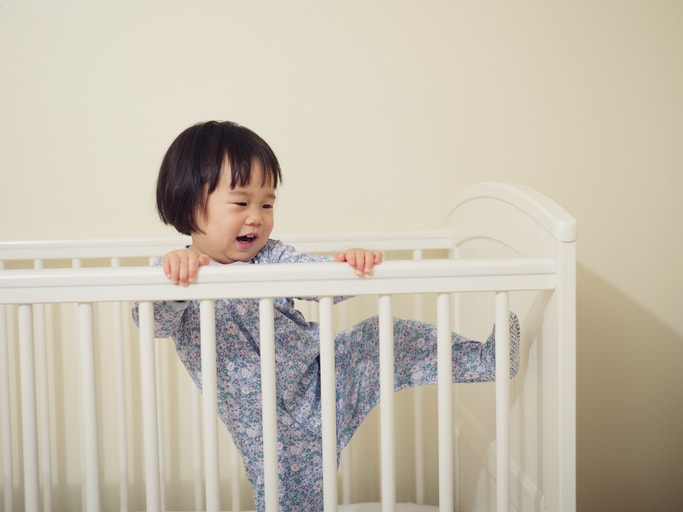Pregnancy is a special time in a woman’s life, but it’s also a time when people start treating them completely differently. Suddenly there’s unwanted belly rubbing, unsolicited advice, and, for pregnant women in the workplace, the insidious reality of pregnancy discrimination. Senator Elizabeth Warren started a much-needed conversation about pregnancy discrimination this week when she talked about losing a job because she was pregnant in 1971. Now, other women are sharing their own stories and proving that, sadly, not much has changed.
Warren said she was around six months pregnant when she found out that a teaching job she had been promised for a year was going to go to someone else.
Warren’s story was met with disbelief by many who claimed that pregnancy discrimination isn’t that bad, couldn’t have happened the way she described it or simply doesn’t happen anymore, period. But the response to her revelation has proven that, regardless of anyone’s opinion on Warren, her story is far from uncommon.
On Twitter, dozens of women opened up about their own experiences with workplace harassment and discrimination while pregnant.
Perhaps the most shocking thing about the discrimination stories is how recently many of them took place. While plenty of people had anecdotes from the ‘80s and ‘90s, the majority of stories happened in the 2000s, and many took place within the past five to 10 years.
There are laws in the US that are meant to protect pregnant women from facing discrimination at work, but that doesn’t mean it has stopped happening. The Pregnancy Discrimination Act — which was passed in 1978, and states that discrimination on the basis of pregnancy, childbirth or related medical conditions constitutes unlawful sex discrimination — only applies to companies with more than 15 employees. There is also the Family and Medical Leave Act, which protects the jobs of workers during maternity leave, but it only applies to workers who are employed by companies with 50 employees or more and who have worked for the company for at least 12 months.
Those who work for small companies often find themselves without legal protections. There’s also the fact that so much pregnancy discrimination can go undocumented. Discrimination can be as simple as passing a pregnant woman over for a new job opportunity or promotion without disclosing the reason. In many examples shared by people on Twitter, women were forced out of jobs by means that gave their employers plausible deniability that it was actually related to pregnancy or motherhood.
As recently as September 2019, someone wrote into the popular workplace advice column Ask A Manager and asked if they could legally fire someone for not disclosing their pregnancy prior to being hired. And while it’s hard to track pregnancy discrimination because so much of it goes unreported, nearly 31,000 pregnancy discrimination cases were filed with the Equal Employment Opportunity Commission from 2010-2015, according to CNN.
There are many things that make it difficult and even dangerous to become a mother in this country. Child care is more expensive than ever, maternal mortality rates are climbing and paid maternity leave is not guaranteed. Pregnancy discrimination is one more hardship added to a long list of difficulties that pregnant women and mothers face, and it’s been allowed to continue, in part, because so many are unwilling to believe women when it happens.
You’d be hard-pressed to find a manager who asked a man if he planned to have children or could handle the responsibilities of adding to his family before hiring him for a job. This conversation has gone viral specifically because so many women have this awful experience, and it’s time we start listening to them.



